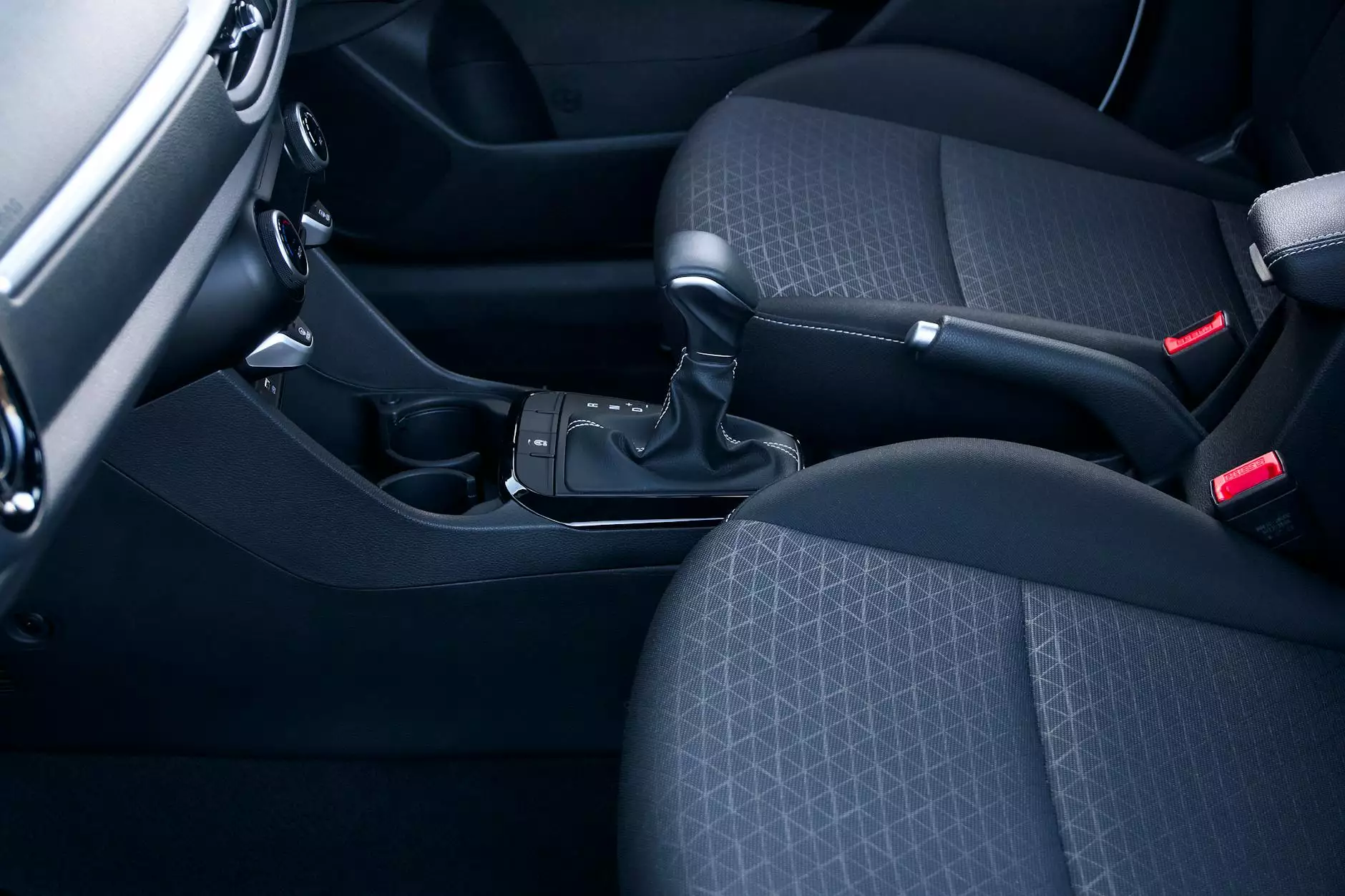The Ultimate Guide to Gearbox Converters: Understanding Their Importance in Automotive Performance

In the world of automotive engineering, the term gearbox converter plays a significant role in understanding how vehicles operate. Gearbox converters, often referred to as torque converters, are vital components in automatic transmissions, enabling seamless power transfer from the engine to the wheels. This in-depth guide will explore the functionality, benefits, maintenance tips, and the critical role of gearbox converters in enhancing overall vehicle performance.
What is a Gearbox Converter?
A gearbox converter, or torque converter, is a fluid coupling device that allows an engine to spin independently of the transmission. This vital component is located between the engine and the transmission, facilitating smooth gear shifts and enhancing vehicle efficiency. The gearbox converter is designed to multiply torque, allowing for greater power transfer during acceleration, which is crucial for both performance and fuel efficiency.
The Mechanics Behind Gearbox Converters
To truly understand gearbox converters, one must delve into their mechanics. Here's how they work:
- Fluid Coupling: The gearbox converter uses hydraulic fluid to create a connection between the engine and the transmission. This connection allows the engine to continue running while the vehicle is stationary.
- Torque Multiplication: When the vehicle accelerates, the torque converter's impeller draws in transmission fluid, which spins and turns the turbine. This action multiplies the torque, critical for smooth acceleration.
- Lock-Up Feature: Many modern gearbox converters have a lock-up feature that engages at higher speeds, effectively locking the engine and the transmission together to increase fuel efficiency and reduce heat.
The Benefits of Gearbox Converters
Utilizing a gearbox converter can provide numerous benefits, significantly enhancing the driving experience. Here are some key advantages:
- Smooth Acceleration: Gearbox converters ensure a fluid and seamless transition between gears, eliminating the harsh shifting associated with manual transmissions.
- Improved Fuel Efficiency: By efficiently managing the power transfer between the engine and transmission, gearbox converters can enhance fuel economy, particularly in automatic vehicles.
- Enhanced Performance: The torque multiplication capability allows for better acceleration, especially when towing or carrying heavy loads.
Gearbox Converters vs. Manual Transmissions
Understanding how gearbox converters stack up against manual transmissions can be illuminating for automotive enthusiasts. Here’s a comparative analysis:
FeatureGearbox ConverterManual TransmissionEase of UseAutomatic, requires no clutchRequires manual shifting and clutch engagementFuel EfficiencyGenerally higher due to torque managementCan be lower in stop-and-go trafficAccelerationSmoother and quickerDepends on driver skillMaintenanceRequires periodic transmission fluid changesMore frequent manual adjustmentsCommon Issues with Gearbox Converters
While gearbox converters are engineered for durability, they are not immune to issues. Recognizing the signs of potential problems can save drivers from costly repairs. Here are some common issues:
- Slipping: This occurs when the converter fails to engage properly, leading to a delay in acceleration.
- Overheating: High temperatures can cause fluid breakdown and result in converter failure.
- Noisy Operation: Unusual noises during operation may indicate bearing issues or fluid contamination.
Maintenance Tips for Gearbox Converters
Proper maintenance of your gearbox converter is crucial for longevity and optimal performance. Here are some essential maintenance tips:
- Regular Fluid Checks: Ensure the transmission fluid is at the appropriate level and in good condition. Deteriorated fluid can lead to overheating and damage.
- Change Fluid and Filter: Follow the manufacturer’s recommendations for fluid and filter changes to maintain efficiency.
- Watch for Warning Signs: Be vigilant for signs of slippage, overheating, or noise, and address them promptly.
Gearbox Converter Selection: What to Consider
When it comes to selecting a gearbox converter, several factors need consideration to ensure compatibility and performance:
- Vehicle Type: Different vehicles may require specific types of gearbox converters based on their engine and transmission design.
- Performance Needs: Consider your driving style and performance requirements. There are converters designed for towing, racing, or daily driving.
- Brand Reputation: Opt for reputable brands known for quality and durability in their gearbox converters.
Understanding Gear Ratios and Their Relationship to Gearbox Converters
Gear ratios play a vital role in how a gearbox converter functions within a vehicle. Gear ratios determine the relationship between engine speed and wheel speed, impacting torque delivery and efficiency:
- High Gear Ratios: Provide quicker acceleration but may decrease fuel efficiency at higher speeds.
- Low Gear Ratios: Offer better fuel efficiency but can result in slower acceleration.
Choosing the right gear ratio in conjunction with a gearbox converter can optimize your vehicle’s performance based on your driving needs.
Future of Gearbox Converters in Automotive Technology
As automotive technology advances, gearbox converters continue to evolve. Innovations such as dual-clutch transmissions and continuously variable transmissions (CVTs) challenge traditional torque converter designs. However, gearbox converters for standard automatic transmissions remain widely used due to their reliability and effectiveness:
- Integration with Hybrid Systems: As hybrid vehicles become more prevalent, gearbox converters are adapting to work efficiently with both electric and gasoline engines.
- Focus on Fuel Efficiency: Continuous improvements in fluid dynamics aim to enhance the efficiency of gearbox converters and reduce energy loss.
Conclusion: The Significance of Gearbox Converters in Automotive Performance
In conclusion, gearbox converters are a fundamental component of automatic transmissions, playing a crucial role in vehicle performance, efficiency, and driver convenience. Understanding how they operate, the benefits they provide, and how to maintain them ensures that automotive enthusiasts and everyday drivers alike can reap the full benefits of this incredible technology. If you’re looking to enhance your vehicle's performance, consider investing in a high-quality gearbox converter that matches your driving style and requirements.
For more expert automotive parts information, feel free to visit shenghaiautoparts.com, where you can find an extensive range of auto parts and supplies to keep your vehicle running smoothly.









